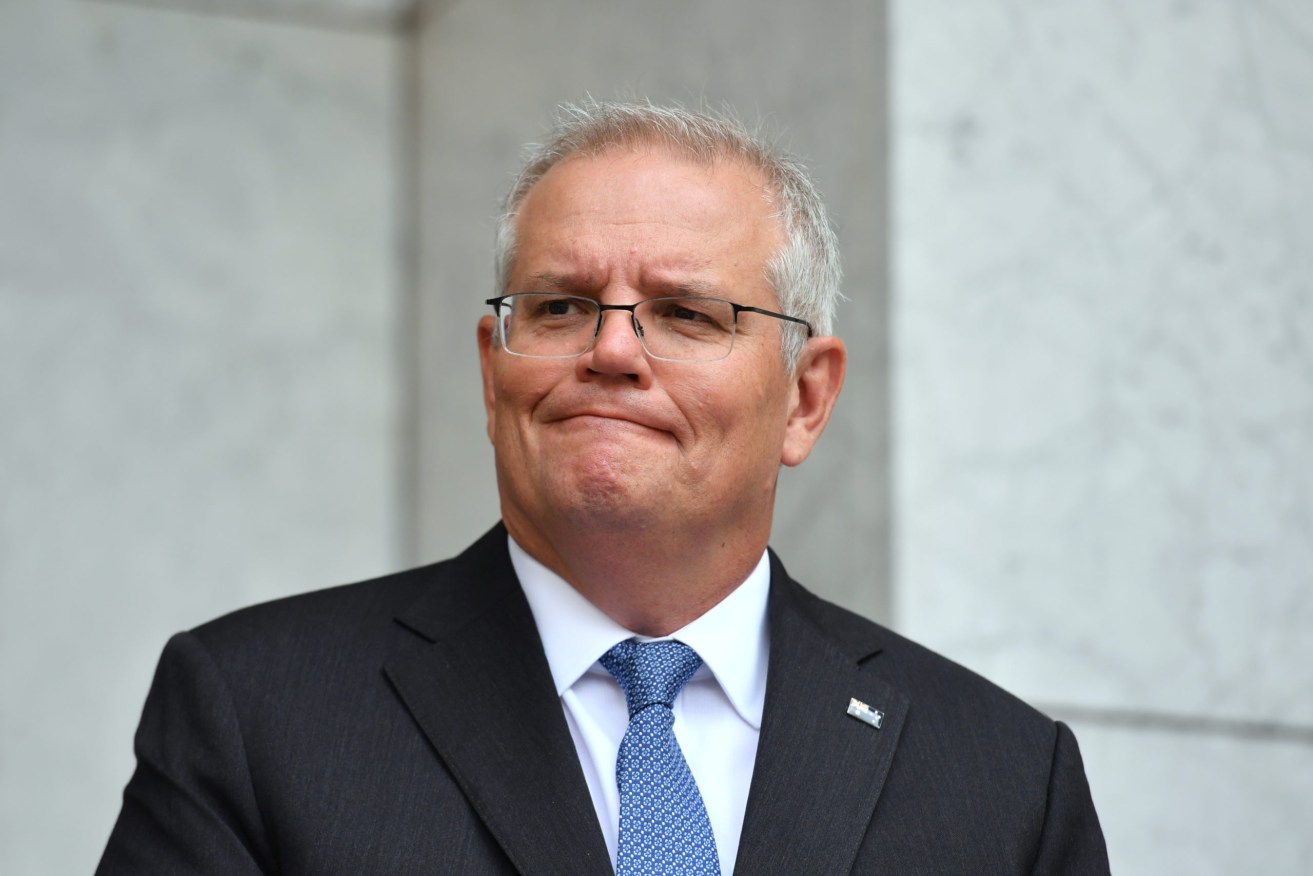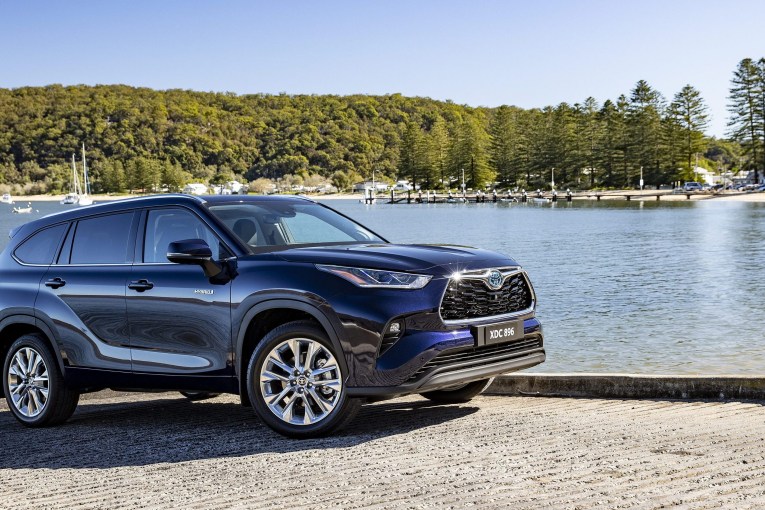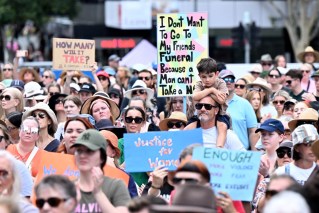RBA rate rise could torpedo Morrison’s campaign, like Howard
The Morrison Government could be facing an election campaign interest rate hike after one of the major banks said it was now a possibility in May.


Prime Minister Scott Morrison says Labor would not support his proposal for an integrity commission. (AAP Image/Mick Tsikas)
There has been general agreement among economists that the Reserve Bank would lift its benchmark cash rate in June, but inflation and wages were continuing to rise and businesses were no longer absorbing the cost, according to a report from ANZ senior economist Catherine Birch.
She said cost and price growth surged to a series high in the NAB’s business survey in March and that added an upside risk to the inflation outcomes to be reported in the first quarter CPI index to be published on April 27.
“While we expect the RBA’s first rate hike will come in June, the possibility of a very strong first quarter CPI print means a May rate hike isn’t off the cards,” Birch said.
“The election is a complicating factor.”
The RBA has increased the cash rate in an election period before.
In 2007, when John Howard was Prime Minister, the RBA hiked its rates and Howard not only lost government but also his seat. Labor won the election and Kevin Rudd became Prime Minister.
Birch said data was indicating that wage growth was picking up and that has been a key area for the RBA. Profitability had also improved for businesses and growth retail prices had doubled.
The RBA board meeting which determines interest rates is on May 3 and a statement on monetary policy is scheduled for May 6.
“Businesses appear to have flicked the switch and are now passing on cost increases to consumers in earnest,” Birch said.
“We think this is for two reasons. Firstly, some businesses have reached the point where they can no longer absorb the cost increases. Secondly, with households expecting higher inflation and more businesses prepared to lift their prices, there is less risk of an individual business losing customers or market share due to a price rise.”












